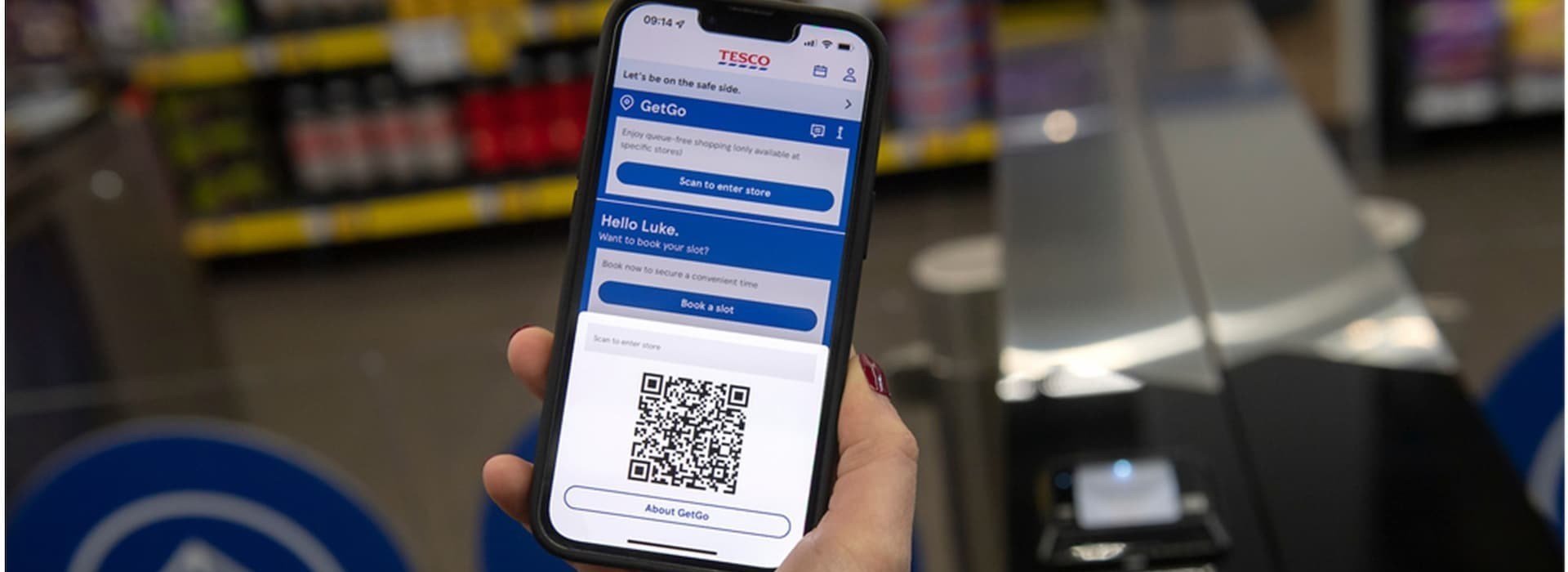Retailers no longer view sustainability as a bolt on
The coronavirus outbreak has accelerated the sustainability agenda for both consumers and consumer product organisations, according to research from the Capgemini Research Institute.
This sought the views of 7,500 shoppers and 750 senior executives in various sub-sectors of CPR. As a result of the pandemic, 78% of the former believe that companies have a larger role to play in society.
79% have, meanwhile, changed their purchase preferences based on social responsibility, inclusiveness, or environmental impact – for example, 53% overall and 57% of those in the 18-24 age group have switched to lesser known brands if they are sustainable.
Also of interest: Sustainable retail in a post coronavirus world
65% of executives say their consumers are very much aware of their sustainability initiatives, but 49% of shoppers do not have any information to verify the sustainability claims of products and 44% do not trust such claims.
75% of consumer products and retail organisations say they have a strategy, infrastructure, and resources in place to drive sustainability and circular economy efforts. However, when it comes to deploying company-wide initiatives that have impact, less than a quarter have managed this.
“So far, many organisations have viewed sustainability as a bolt-on. However, when baked into an organisation’s mission and purpose, sustainability has the potential to entirely change its relationship with its customers and partners,” says Kees Jacobs, Vice President, Consumer Goods and Retail at Capgemini.
“The pandemic has heightened global desire for authenticity and responsibility, particularly from large organisations. As businesses focus on transformation in the wake of the pandemic, they should put sustainability at the heart of their efforts.”










